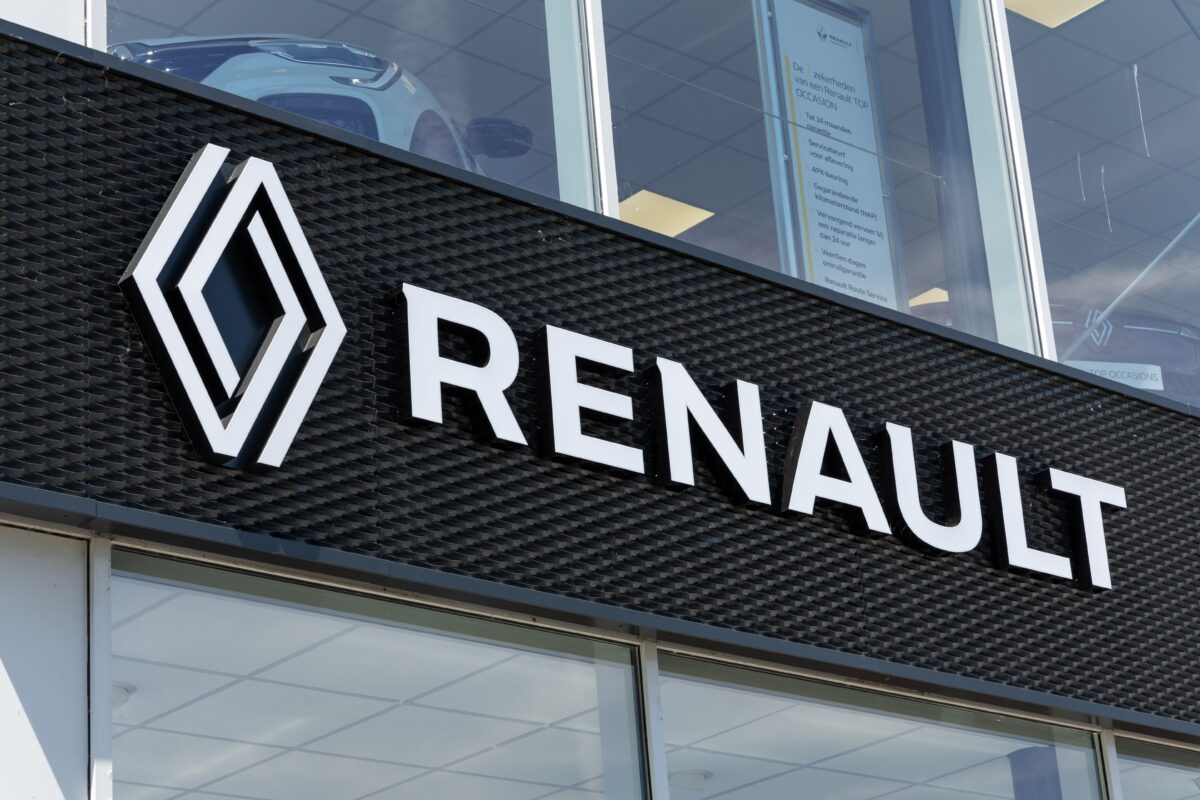TLDR;
- Renault has led a $75 million Series D funding round for French robotics firm Wandercraft.
- The funding will scale production of exoskeletons and humanoid robots across clinical, consumer, and industrial sectors.
- Wandercraft plans to commercialize its personal exoskeleton Eve by 2026 and deploy its industrial robot Calvin-40 in Renault factories.
- This marks a significant milestone in the evolution of medical robotics toward broader, real-world applications.
Renault Group has taken a bold step into the world of robotics, leading a $69.4 million Series D funding round for Paris-based startup Wandercraft.
Announced on Thursday The funding pool, also supported by Bpifrance, the European Investment Bank, and several venture firms including Teampact Ventures and Quadrant Management, marks a transformative moment for the French startup. It signals Renault’s deeper ambitions beyond automotive design and toward the next frontier in smart, collaborative robotics.
This investment isn’t just financial. Renault has also secured a strategic partnership with Wandercraft, providing not only credibility but also access to a vast industrial ecosystem. Renault is already set to become Wandercraft’s first commercial customer for its industrial humanoid robot, Calvin-40, which is designed to support factory-floor operations.
Scaling from Clinics to the Factory Floor
Wandercraft was founded in 2012 with a vision to redefine mobility through robotics. It started with clinical applications, debuting the Atalante X, a self-balancing, hands-free exoskeleton for rehabilitation, which is now in use in more than 100 medical centers globally. This includes renowned institutions such as the Kessler Foundation in the U.S. and Vivantes Klinikum in Germany.
With Series D capital in hand, Wandercraft is poised to go beyond hospitals. It is preparing to bring to market Eve, its self-balancing personal exoskeleton, designed to help users with severe mobility impairments walk at home or outdoors without the need for crutches. Its release is anticipated by 2026. On the industrial front, Calvin-40, a humanoid robot built in just 40 days, is now being prepared for deployment in Renault’s factories within 40 weeks, a remarkable pace that underscores the company’s technical maturity and product readiness.
@WandercraftHQ lève 75 millions d’euros pour accélérer le déploiement de ses exosquelettes médicaux et industriels.
J’avais rencontré toutes les équipes il y a quelques mois, dans leurs ateliers en plein cœur de Paris. Je sais à quel point cette levée de fonds est stratégique… pic.twitter.com/2BI3kMxdqe
— Eric Lombard (@Eric_R_Lombard) June 11, 2025
AI-Driven Robotics With Real-World Impact
Central to Wandercraft’s success is its blend of robotics, artificial intelligence, and practical design. Its systems are trained through billions of simulations and refined through millions of steps taken in real-world settings. The result is technology that not only supports mobility but restores it, enhancing balance, posture, and independence. Its FDA-cleared Atalante X has already delivered promising results in stroke rehabilitation and is now being used in trials for expanded applications.
The company’s latest breakthrough comes through its collaboration with Nvidia, using AI and visual language models to power Calvin-40. These innovations, showcased at major events like CES and Nvidia’s GTC conference, demonstrate that Wandercraft is not just keeping pace with global robotics trends, it is setting them.
A Vision of Human-Robot Symbiosis
With its headquarters in Paris and a growing presence in the United States, including a New York-based walk center that provides regular robotic walking sessions, Wandercraft is positioning itself as a global leader in assistive and industrial robotics. By merging Renault’s manufacturing muscle with its own medical and AI expertise, Wandercraft is accelerating the shift toward a future where robotic systems are not just tools but partners in everyday life.
That said, the funding round marks more than just a financial boost; it symbolizes a pivotal convergence between automotive manufacturing and humanoid robotics. If Wandercraft delivers on its roadmap, it could be the company that finally brings exoskeletons and robotic coworkers out of the lab and into the mainstream.







